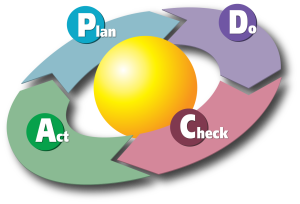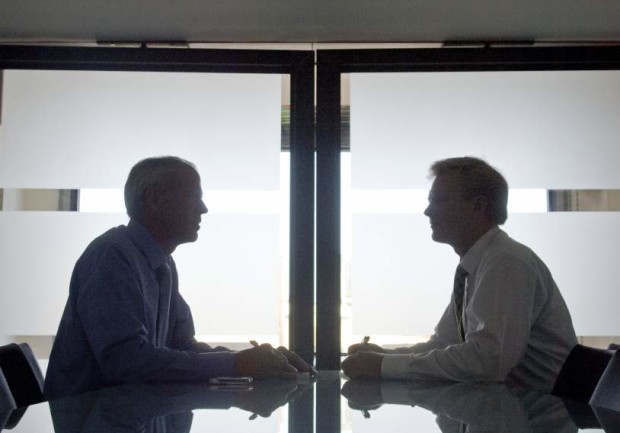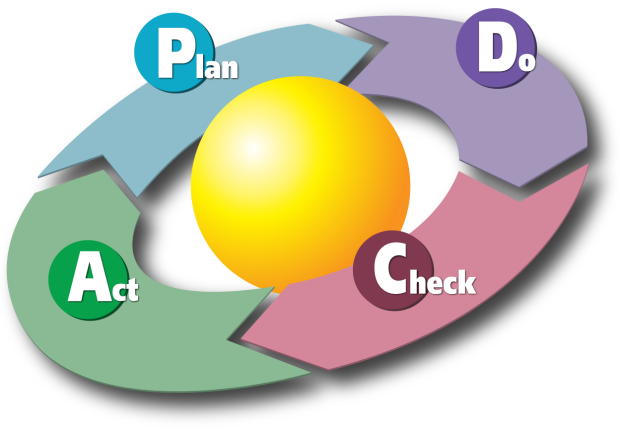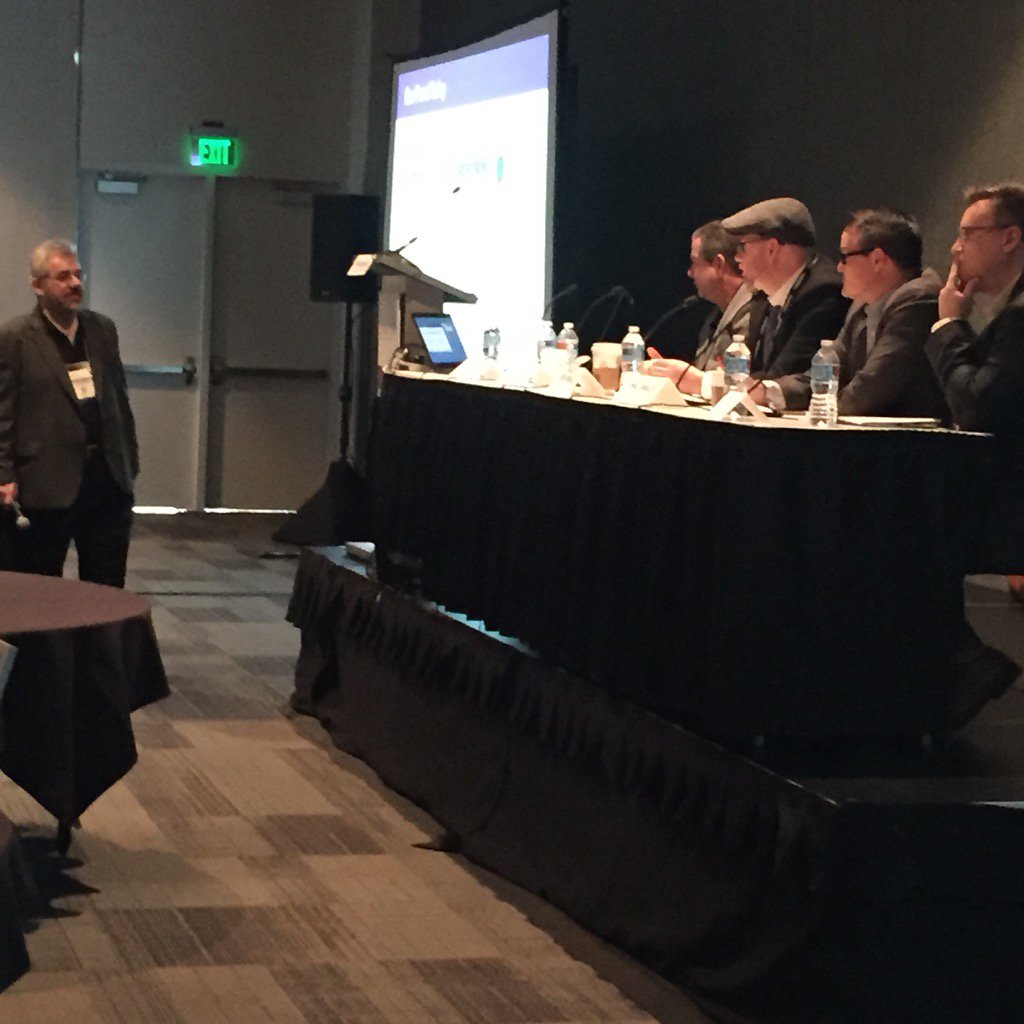 The NBA playoffs are nearing an end, which also means the displeasure of having to listen to Jeff Van Gundy go off on ridiculous rants as I’ve watched the home town Golden State Warriors compete to earn their first to the NBA Championship in over 40 years. However, for the first time in all my NBA viewing Van Gundy started a discussion that wasn’t purely for the sake of hearing his own voice when he addressed the issue of technical fouls in the playoffs.
The NBA playoffs are nearing an end, which also means the displeasure of having to listen to Jeff Van Gundy go off on ridiculous rants as I’ve watched the home town Golden State Warriors compete to earn their first to the NBA Championship in over 40 years. However, for the first time in all my NBA viewing Van Gundy started a discussion that wasn’t purely for the sake of hearing his own voice when he addressed the issue of technical fouls in the playoffs.
For a little context, the NBA hands out technical fouls for things such as overly aggressive fouls or complaining about a call/non-call to the officials. Van Gundy posed the idea that with different referees officiating each game the calls were being made subjectively. This means that what one referee sees as a technical foul would not necessarily match what another would deem the same offense. It was because of this that Van Gundy stated there should be someone at the NBA replay facility in Secaucus, NJ overseeing and reviewing what should be a technical foul in real time. And thus the debate began.
How, in an industry like AV where the performance of a system is going to be seen differently by just about anyone that views it, can a wide spread set of standards be upheld and enforced when each will be altered by the circumstances unique to each project?
It seems completely contradictory to state that our industry can establish standards while having no ability to ensure that members of the industry are abiding by them due to project circumstance or customer desire to alter changes for cost. At that point wouldn’t they, by definition, move from being standards to best practice suggestions?
Don’t make the mistake that I’m saying that this industry needs more standards, we have so many to choose from already and are continuing to develop new ones, but rather that it needs improved adoption and enforcement of the standards that it already exist and continue to be developed.
The problem that we face, though, is the same issue Van Gundy raised – if you want to set the precedent and establish the same level of performance for how things are supposed to be, the implication exists that subjectivity must be removed from the equation.
I previously addressed another angle of this same issue regarding a certain lack of accountability in the AV industry. The overall statement was that if there is no one to hold integration and consulting firms accountable for substandard work then it will continue to persist as a part of the industry. These two conversations, however, are intertwined because if we have no way of establishing a baseline of what the standard needs to be in order to not be considered substandard work, how can we possibly hold people accountable for work that doesn’t meet that level?
One of the big reasons that I see as to why the AV industry may be on the outside looking in when it comes to our other industries like IT, electrical contracting, or even contracting in general, is because of the fact that there are so many different ways to accomplish our tasks. Different manufacturers with similar products, performance standards that are desired for system optimization but not required in order to have the system function overall.
Additionally, being as large and diverse as the AV industry is, who exactly is going to oversee and enforce the standards that are accepted as the way systems are supposed to perform? We have don’t have a group available to manage this kind of policing, and no policies in place to discuss repercussions for not meeting the standards.
When I posted the accountability piece in one of the LinkedIn groups an interesting discussion began that compared AV to things like the medical or legal fields, not our contracting or technical counterparts. Looking at the idea of an AV “medical” board, or a State Bar for AV puts things in a very different perspective because it begs the idea that it’s an outside body of professionals that hold the certifications in the industry that assist only when problems are brought to their attention. The board has the right to investigate and establish if the claim is legitimate or just a petty grievance and act accordingly.
Personally, I see how this could be a great way of potentially establishing and enforcing a very objective industry. The groups could be regional with individuals that are specialists in different verticals. The questions still remain when it comes down to how are these individuals paid or are they volunteers, are they independent or part of another organization, and how are they chosen to be a part of these groups?
I’m relatively certain that there is no simple answer to this problem, but is something that the brilliant minds this industry collects need to start considering in order to look to find a resolution or we may never be able to make the next leap forward.
If you would like to get more involved with the standards for the AV industry, I highly recommend that you attending the InfoComm Standards & Innovations Plenary (pg 28).






